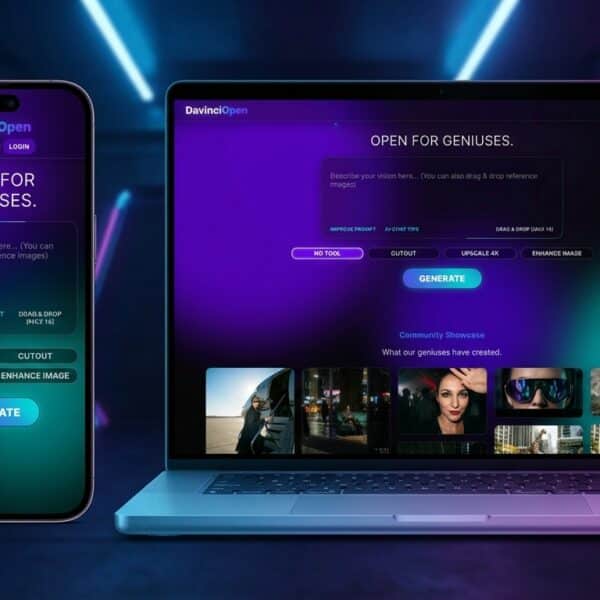The Paradigm Shift in Recruitment
Gone are the days when recruitment was solely about assessing candidates. Today, it’s a two-way street where both candidates and employers evaluate each other. The candidate experience encompasses every interaction a potential hire has with a company, from the initial job search to the final decision.
Why Candidate Experience Matters:
- Brand Reputation and Employer Branding: A positive candidate experience contributes significantly to a company’s brand reputation. Candidates who feel respected and valued, regardless of the outcome, are more likely to speak positively about the organization. This, in turn, enhances the employer brand and attracts top talent.
- Talent Attraction and Retention: A seamless and positive candidate experience is a powerful magnet for attracting high-caliber candidates. Moreover, candidates who have a positive experience, whether or not they are hired, are more likely to consider the company for future opportunities or recommend it to their network.
- Productivity and Performance: The impact of candidate experience extends beyond the recruitment phase. Employees who had a positive onboarding experience are more likely to be engaged, satisfied, and productive in their roles. This correlation between positive candidate experiences and long-term employee success underscores the holistic benefits for the organization.
| Candidate Experience Aspects | Importance | Improvement Strategies |
|---|---|---|
| Brand Reputation and Employer Branding | Significant | Transparent communication, positive candidate interactions |
| Talent Attraction and Retention | Powerful Magnet | Efficient application process, personalized experience |
| Productivity and Performance | Holistic Benefits | Feedback mechanisms, seamless onboarding |
| Transparent Communication | Key Element | Surveys, feedback loops, acknowledgment of unique skills |
| Efficient Application Process | User-Friendly | Post-application and post-hire surveys |
| Personalization | Customized Experience | Candidate journey mapping, addressing career goals |
| Feedback Mechanisms | Continuous Improvement | Visualize candidate journey, touchpoint assessment |
Elements of a Positive Candidate Experience:
- Transparent Communication: Keep candidates informed at every stage of the recruitment process. Be transparent about timelines, expectations, and the steps involved. Even if a candidate is not selected, providing constructive feedback can contribute to a positive experience.
- Efficient Application Process: Simplify and optimize the application process. Lengthy and cumbersome application forms can deter qualified candidates from applying. Ensure that the process is user-friendly, especially for mobile users.
- Personalization: Tailor the recruitment experience to individual candidates. Personalized communication, acknowledgment of their unique skills, and addressing specific career goals demonstrate a commitment to understanding and valuing each candidate.
- Feedback Mechanisms: Actively seek feedback from candidates about their experience. This not only provides valuable insights for process improvement but also makes candidates feel that their opinions matter.



Measuring and Improving Candidate Experience:
- Surveys and Feedback Loops: Implement post-application and post-hire surveys to gather insights into the candidate experience. Analyze the feedback to identify areas of improvement and recognize aspects that are working well.
- Candidate Journey Mapping: Visualize the candidate journey from awareness to onboarding. Identify touchpoints and assess how each interaction contributes to the overall experience. This mapping helps in understanding the candidate’s perspective and making informed enhancements.
Conclusion: Elevating Your Organization Through Positive Candidate Experiences
As organizations strive for excellence in talent acquisition in [current year], it’s evident that the candidate experience is a pivotal factor in shaping the success of businesses. By prioritizing transparent communication, personalization, and continuous improvement, companies can not only attract top talent but also cultivate a positive reputation that resonates throughout the entire employee lifecycle, fostering a culture of success and innovation.








































